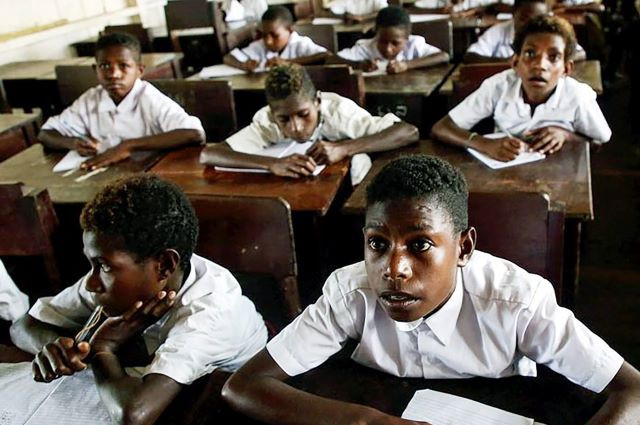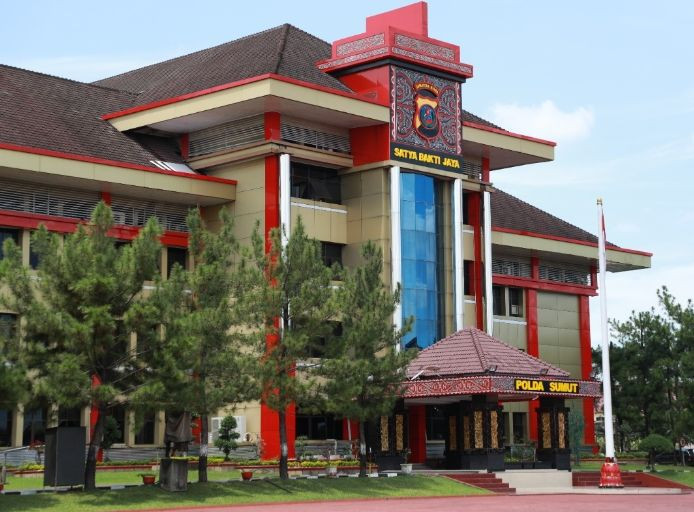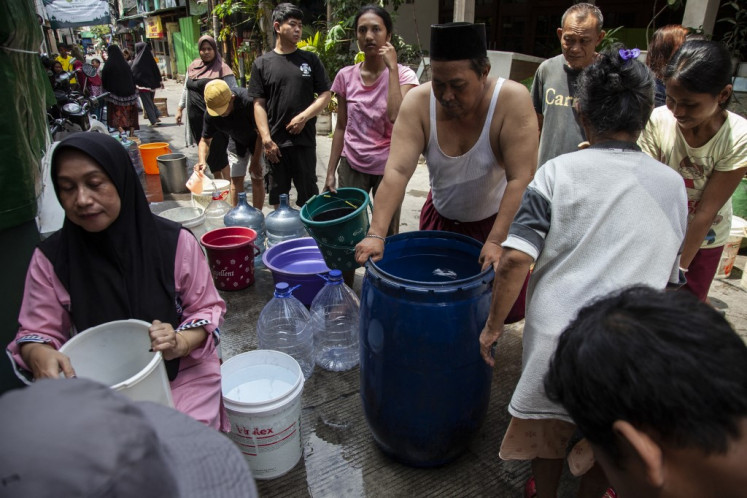Popular Reads
Top Results
Can't find what you're looking for?
View all search resultsPopular Reads
Top Results
Can't find what you're looking for?
View all search resultsFour Papuan languages extinct, linguist says
A linguistic expert at Papua Language Center has said that according to his research, four native languages in Papua had become extinct due to a lack of speakers.
Change text size
Gift Premium Articles
to Anyone
Four indigenous languages in Papua have gone extinct, a linguistics expert from the region has said.
The news comes as efforts are underway to revitalize interest in the use of local dialects and native tongues amid the continued drive to modernize culturally diverse Indonesia.
Anthonius Maturbong, an associate linguistics expert at the Papua Language Bureau, raised the issue at a focus group discussion on Wednesday geared toward gathering learning materials to help revitalize local languages.
He revealed that four local dialects had gone extinct due to a lack of speakers.
They include Tandia, a dialect that was once used in and around Wondama Bay and the Air Matoa language from Kaimana, both in West Papua, as well as the Mapia language from the Supiori island regency and the Mawes language from Sarmi regency, both in Papua province.
The last of these indigenous languages to become extinct was Air Matoa, according to Antonius’ 2010 research that found only one tribe elder who spoke the tongue.
Other languages are at risk of disappearing too, the linguist suggested, due to the decline of native speakers. These include the Tobati, Nafri and Skouw dialects, whose speakers are typically older. Consequently, it would only be a matter of time before they also became extinct.
Anthonius called for multistakeholder collaboration to prevent the further extinction of the local languages, at once stressing the importance of the role of regional administrations.
Read also: In a land of euphemism, speaking plain language is a heroic act"We also urge regional governments across Papua to take a more active role in formulating regulations that include local languages in the local learning syllabus, from early childhood education to high school or equivalent,” he was quoted by state news agency Antara as saying.
“Additionally, there should be efforts to publish books to facilitate language learning for students.”
Focus group discussions are said to be the second phase in efforts to revitalize local dialects, targeting a total of 10 native languages. The next phase would involve equipping teachers with the wherewithal to teach the languages in question and transfer the linguistic knowledge to their students and communities.
Home to a cornucopia of ethnic groups spread across its thousands of islands, Indonesia is one of the most culturally diverse areas in the Asia-Pacific.
However, efforts to preserve these cultural traditions are often faced with limited resources as well as a ready deference to the collective nation-building project, but also the intermingling of different cultures in urban centers.
Muhammad Rijal Akbar Yeilpele, a comedian from Wamena who creates content in the Sundanese language spoken widely in West Java and Banten, recently drew attention to the issue of language on social media after joking about how his Sundanese had gotten in the way of communicating with his mother in their native Papuan language.










